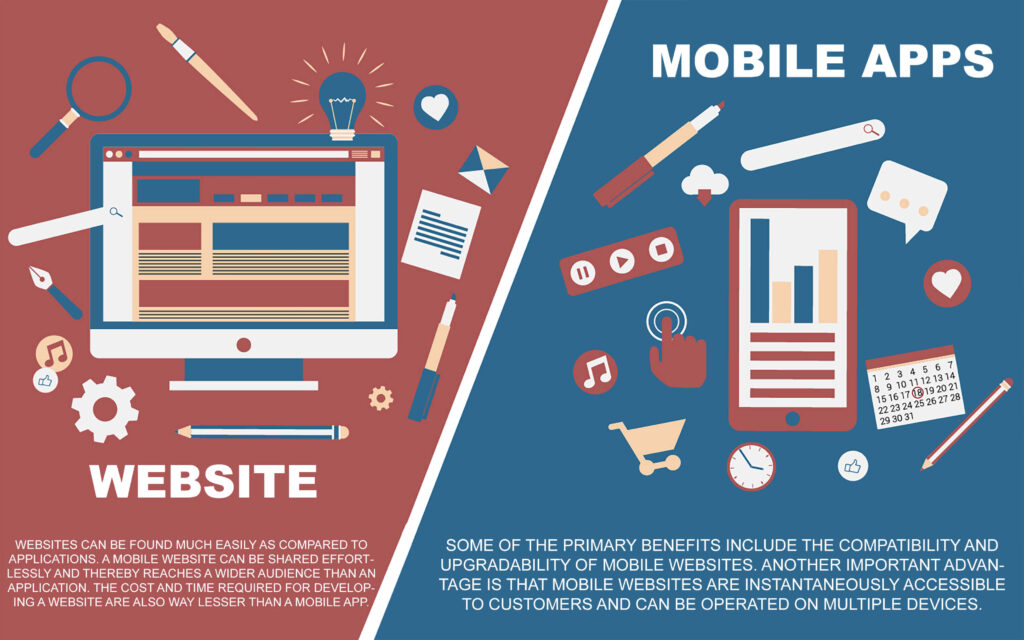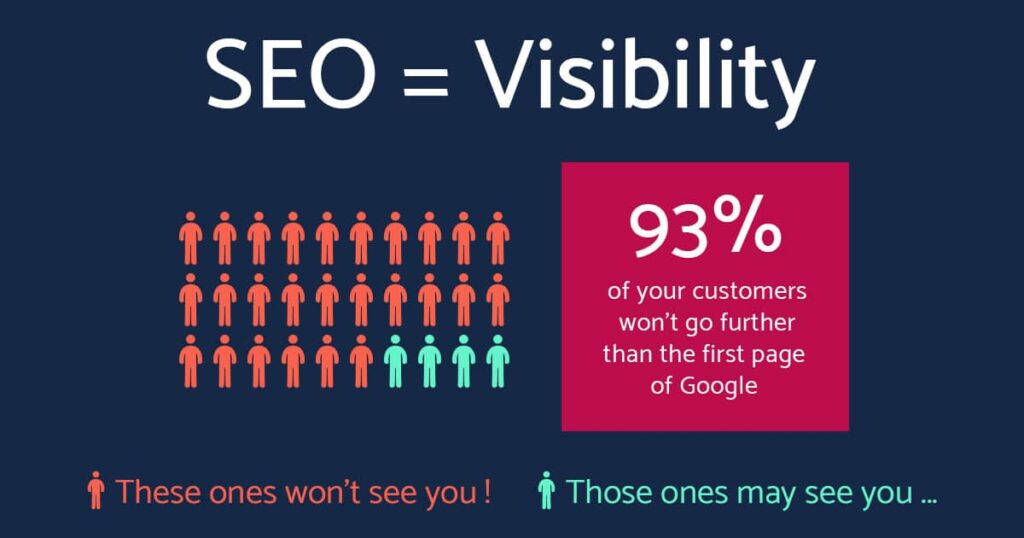React Native vs. Flutter: Choosing the Right Framework for Your Mobile App Development
In the ever-expanding landscape of mobile app development, choosing the right framework is crucial for building high-quality, cross-platform applications that meet the needs of users and businesses alike. Two popular frameworks that have gained widespread adoption in recent years are React Native and Flutter. While both offer the ability to develop mobile apps for multiple platforms using a single codebase, they differ in their approach, architecture, and ecosystem. In this blog post, we’ll explore the key differences between React Native and Flutter to help you make an informed decision for your next mobile app project. 1. Language and Ecosystem One of the primary differences between React Native and Flutter lies in the programming languages used for development. React Native is based on JavaScript, a widely-used language for web development, while Flutter uses Dart, a language developed by Google specifically for building mobile and web applications. The choice of language can influence developer productivity, familiarity, and ecosystem support. JavaScript has a vast ecosystem of libraries, frameworks, and tools that developers can leverage for building web and mobile applications. In contrast, Dart is a more niche language with a smaller ecosystem, but it offers features such as strong typing and Ahead-of-Time (AOT) compilation, which can lead to improved performance and reliability in Flutter apps. 2. Architecture and Performance React Native and Flutter also differ in their underlying architecture and performance characteristics. React Native uses a bridge to communicate between JavaScript code and native platform APIs, which can introduce overhead and performance limitations, especially for complex UI animations and interactions. Flutter, on the other hand, uses a compiled and optimized rendering engine called Skia, which allows for more efficient rendering and better performance across different platforms. Flutter apps are compiled directly to native machine code, eliminating the need for a bridge and enabling smooth, responsive user experiences even on lower-end devices. 3. UI Components and Customization Both React Native and Flutter offer a rich set of UI components and widgets for building mobile apps, but they differ in their approach to UI development and customization. React Native relies on native platform components, which means that UI elements are rendered using native controls provided by the underlying operating system (e.g., UIKit for iOS and Android SDK for Android). Flutter, on the other hand, uses its own set of customizable widgets that are rendered consistently across different platforms, ensuring a consistent look and feel for Flutter apps. This approach allows for greater flexibility and control over the UI design, as developers can customize every aspect of the user interface using Flutter’s rich set of widgets and styling options. 4. Development Tools and Community Support Another factor to consider when choosing between React Native and Flutter is the availability of development tools and community support. React Native benefits from a large and active community of developers, extensive documentation, and a rich ecosystem of third-party libraries and tools. It also has strong support from Facebook, which continues to invest in its development and improvement. Flutter, while younger than React Native, has quickly gained popularity thanks to its ease of use, performance, and modern UI capabilities. Google provides comprehensive documentation, tutorials, and development tools for Flutter, including the Flutter SDK, Dart programming language, and Flutter DevTools for debugging and profiling apps. In conclusion, both React Native and Flutter offer compelling options for building cross-platform mobile apps, each with its own strengths and considerations. React Native may be a better choice for developers familiar with JavaScript and web development, while Flutter may appeal to those seeking a more performant and customizable framework with strong support from Google. Ultimately, the choice between React Native and Flutter depends on the specific requirements, preferences, and expertise of your development team.




